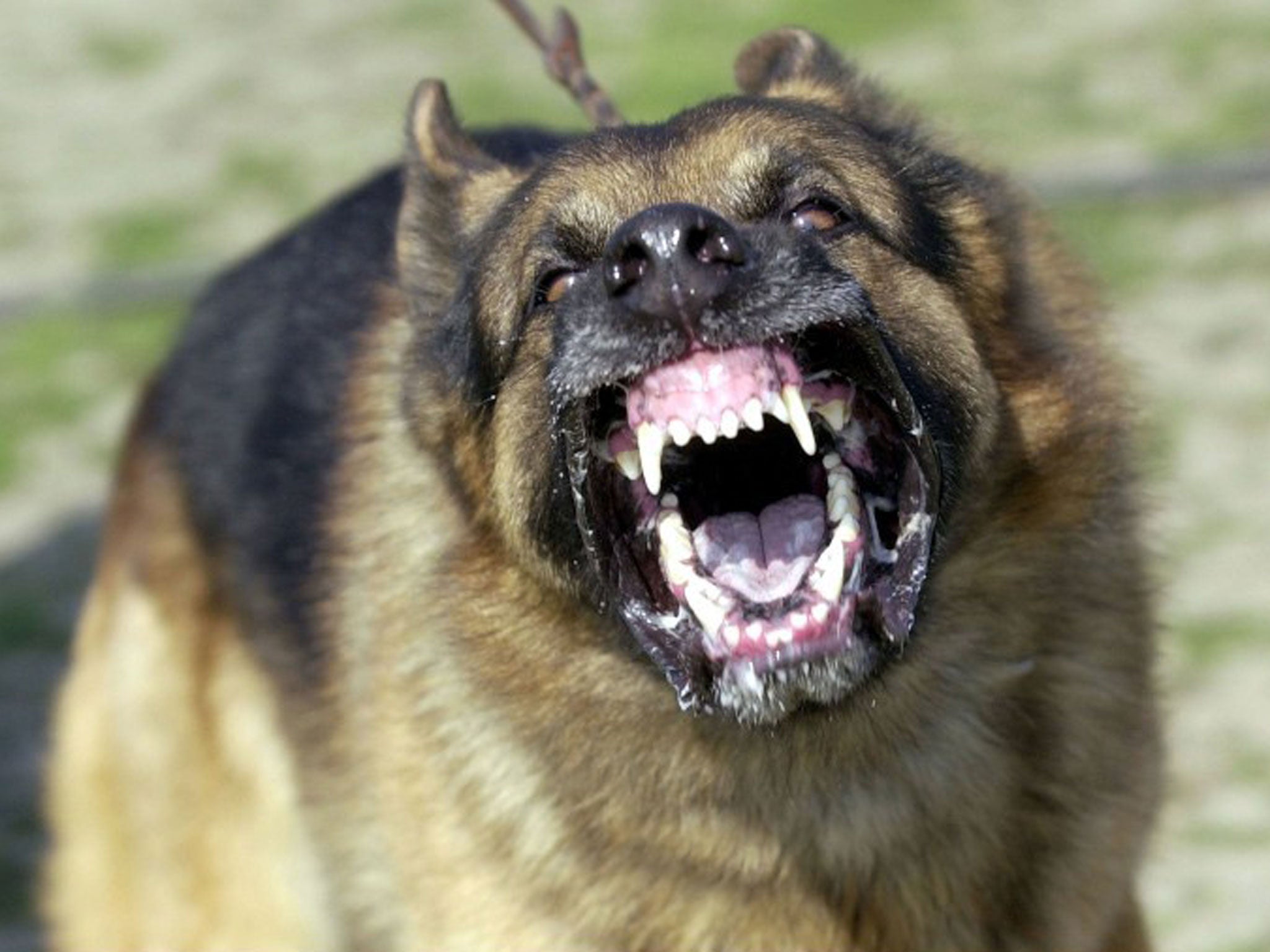The 'dogs' which will bite into your savings
A new report names funds that have failed to give investors decent returns, in spite of high fees charged.

Your support helps us to tell the story
From reproductive rights to climate change to Big Tech, The Independent is on the ground when the story is developing. Whether it's investigating the financials of Elon Musk's pro-Trump PAC or producing our latest documentary, 'The A Word', which shines a light on the American women fighting for reproductive rights, we know how important it is to parse out the facts from the messaging.
At such a critical moment in US history, we need reporters on the ground. Your donation allows us to keep sending journalists to speak to both sides of the story.
The Independent is trusted by Americans across the entire political spectrum. And unlike many other quality news outlets, we choose not to lock Americans out of our reporting and analysis with paywalls. We believe quality journalism should be available to everyone, paid for by those who can afford it.
Your support makes all the difference.Some 64 unit trust and open-ended investment companies (OEICs) are today shamed as "dog" funds.
The accuser is advisory firm Bestinvest, which has analysed the performance of the thousands of funds offered to UK investors to identify the worst of the bunch.
The dogs are spread across eight different sectors, and represent a total of £12.1bn of investor assets.
If you're invested in any of the funds, that doesn't mean you should simply sell up. But the details should serve as a warning of the importance of checking your investment portfolio regularly and getting out of any funds that look like they have little prospect of offering decent returns in the future.
"Financial-product providers too easily get away with dismal or uninspiring performance, benefiting from a combination of investor inertia and advisers failing to provide a satisfactory level of monitoring on investments they have previously recommended to their clients," warned Jason Hollands of Bestinvest.
"Sadly, the funds listed in 'Spot the Dog' represent the tip of the iceberg of poor performance."
Dog funds have underperformed in each of the last three years and by more than 10 per cent over the three years to the end of 2012. The sector with the largest pack of offenders is IMA North American which has 18.
Investment groups which are managing the most amount of investors' money in dog funds are Scottish Widows/SWIP (with £3.96bn in dog funds), BlackRock (£1.27bn), Baillie Gifford (£1.08bn), F&C Investments (£613m) and Jupiter (£501m).
"The research is useful as it puts pressure on underperforming fund managers and illustrates why investors must be vigilant," said Brian Dennehy of Fund Expert. "It's a reminder to people that the 'invest and forget' mentality can significantly impact their investment returns."
But investors should be sceptical about the research.
"By Bestinvest's own definition it takes three years of underperformance for a fund to become a 'dog'. So naming them now is akin to shutting the barn door after the investment horse has bolted. Identifying tomorrow's dogs would be more use," Mr Dennehy said.
Bestinvest says just because a fund is identified as a dog, it doesn't necessarily mean investors should sell.
"You should not automatically switch out of a fund just because it appears in Spot the Dog," said Mr Hollands, "Action may already be under way to affect a turnaround in fortunes. But you should explore whether or not to stick with a fund."
Looking beyond the dogs, Alistair Cunningham of Wingate Financial Planning, actually believes that the majority of managed funds will disappoint investors.
"In my opinion the vast majority (well over half) of actively managed funds are not worth investing in, and investors may well be better off with a passive alternative that simply tracks an index," he said.
The passive against active management investment debate is a perennial one. Fans of managed funds point out that the best offer the chance of much better returns than trackers. Others say fees charged by active funds are often not matched by performance.
Finding fund managers that earn their fees is essential if you want to grow your nest egg. Using Spot the Dog research – available at www.bestinvest.co.uk/dogs – can help.
Join our commenting forum
Join thought-provoking conversations, follow other Independent readers and see their replies
Comments